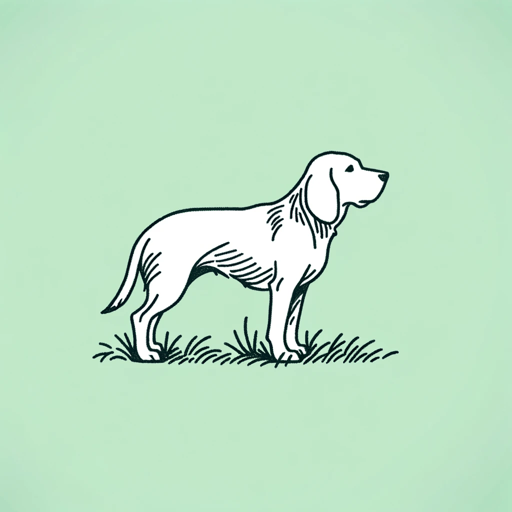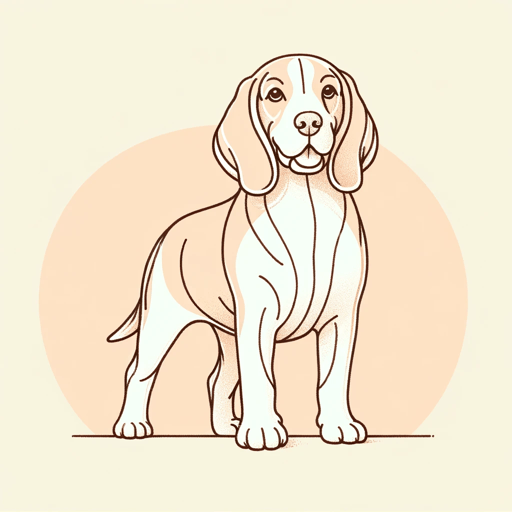76 pages • 2 hours read
Phyllis Reynolds NaylorShiloh
Fiction | Novella | Middle Grade | Published in 1991A modern alternative to SparkNotes and CliffsNotes, SuperSummary offers high-quality Study Guides with detailed chapter summaries and analysis of major themes, characters, and more. For select classroom titles, we also provide Teaching Guides with discussion and quiz questions to prompt student engagement.
Symbols & Motifs
Chains
Chains symbolize cruelty and dominance. Judd keeps his dogs chained and starved. The result is Judd’s dogs are mean, hungry, and they fight amongst themselves. Marty hates the thought of Shiloh “all chained up at Judd’s, a prisoner” (22) and vows never to chain the beagle.
In contrast, the pen Marty builds for Shiloh is spacious, even though Marty wishes he did not have to pen Shiloh, either. Marty works diligently to keep it clean and includes a shelter from the weather. Marty provides food and water in Shiloh’s pen, and takes the dog out as often as he dares to play with him. The difference between Marty’s pen and the chains that Judd—and others in the community—use to tie up their dogs signifies the difference between cruelty and compassion. Marty equates dogs with people, revealing again the value he places on all life. When Judd acknowledges that his dogs do not like being chained, Marty replies, “Guess nobody would” (129). Judd, as a child, was symbolically chained, forced to endure his pa’s abuse.
Food
Food is a significant, multi-layered symbol in Shiloh. Food is a basic, physiological need of human and animal life. Food sustains life. Marty knows that to keep Shiloh, and for the dog to thrive, he must provide food.
Related Titles
By Phyllis Reynolds Naylor




